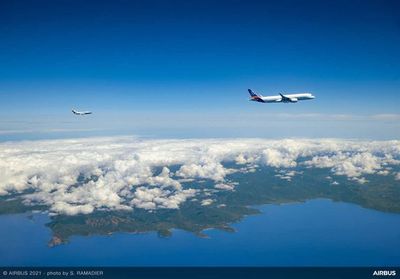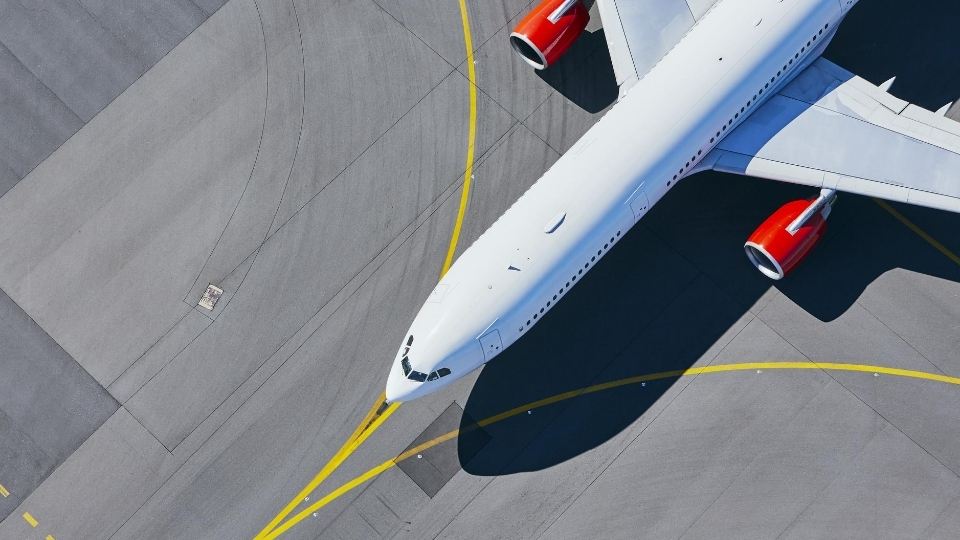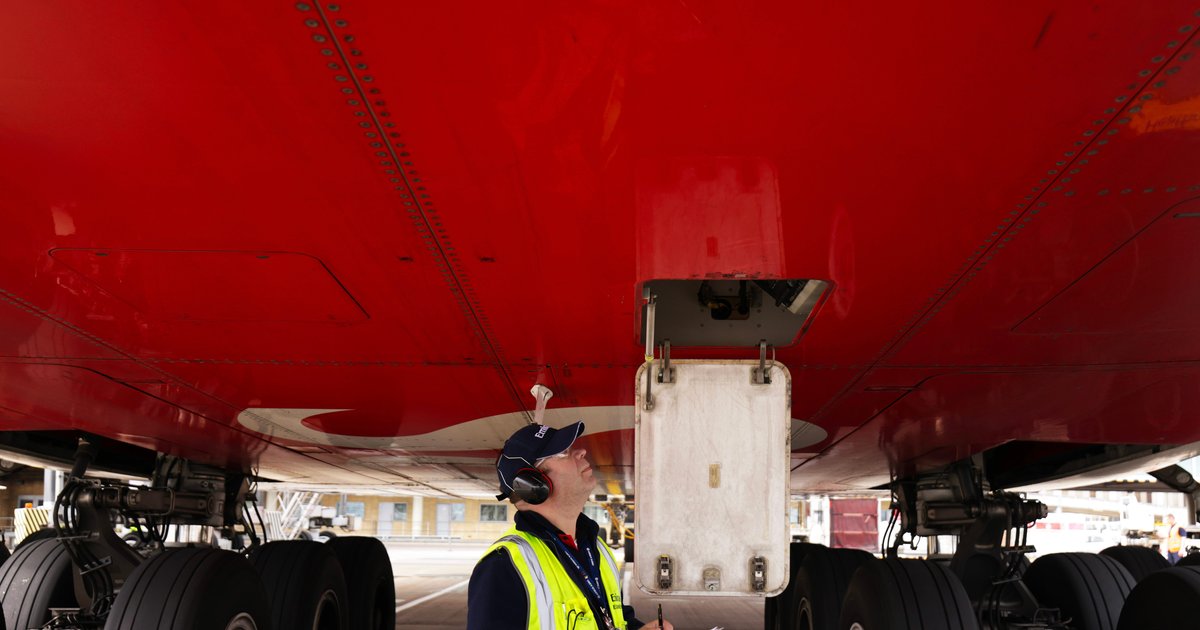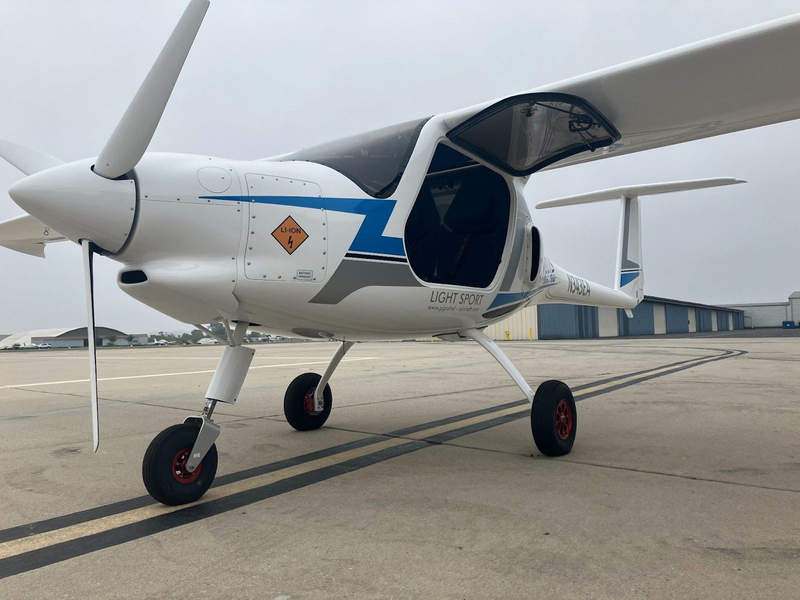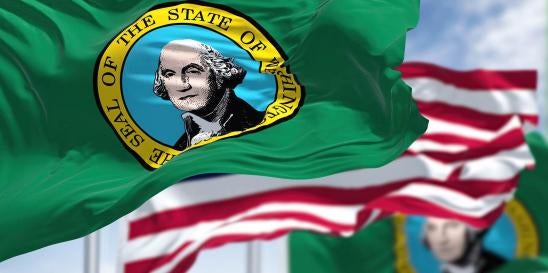
To bolster its Clean Fuels Program Rule, the Washington State Department of Ecology (Ecology) announced that it will begin a rulemaking to promote the production and use of sustainable aviation fuels (SAF) in Washington. The rulemaking aims to establish SAF pathways to enable producers to generate credits under the State’s Clean Fuels Standards (CFS) program. Ecology also intends to make several other regulatory changes, including to book-and-claim accounting and third-party verification requirements. Ecology will hold stakeholder meetings from January through Fall of 2024. Stakeholders can find updates on Ecology’s rulemaking webpage and subscribe to its CFS email list for developments.
Background
Washington enacted the CFS in 2021, requiring fuel suppliers to reduce the carbon intensity of certain transportation fuels to 20% below 2017 levels by 2034. Ecology determines a fuel’s carbon intensity by evaluating the fuel’s pathway. A fuel’s carbon intensity reflects the lifecycle greenhouse gas emissions per unit energy of fuel generated during the fuel’s production and use. If a fuel’s carbon intensity falls below the fuel standard, it can generate credits that producers can sell to producers of higher-carbon-intensity fuels. Fuels with carbon intensity above the standard generate deficits requiring those producers to obtain credits to meet their carbon-intensity reduction for the given year.
SAF are biofuels that power aircrafts and have similar properties to conventional jet fuel but a smaller carbon footprint. Recent state legislation (ESSB 5447) promotes the production and use of SAF in Washington and directs Ecology to allow alternative jet fuel pathways by December 31, 2023, for credit generation under the CFS.
Ecology’s Rulemaking Announcement
On December 18, 2023, Ecology announced a rulemaking to comply with its obligation to allow SAF fuel pathways under the CFS program. The rulemaking will clarify how SAF producers can generate CFS credits, and promote the production and use of SAF.
Ecology’s rulemaking aims to harmonize the CFS program rules with California’s Low Carbon Fuel Standard (LCFS) rule and Oregon’s CFS program. Ecology’s rulemaking notice provides that “[a]mendments considered during this process will be aligned with those states’ rules as much as practicable and except as otherwise prohibited in Chapter 70A.535 RCW.” The Oregon Department of Environmental Quality updated its Clean Fuels Program in 2022. On December 19, 2023, the California Air Resources Board (CARB) issued notice of a future public hearing to consider proposed LCFS amendments. In its Initial Statement of Reasons, CARB identified several potential amendments, including, for example, more stringent fuel CI benchmarks, expansions to zero emissions vehicle infrastructure crediting, guardrails to mitigate land use change issues related to crop-based biofuels, and updates to lifecycle assessment modeling values and tools.
The rulemaking will consider additional changes to strengthen/streamline the CFS program, including:
Establishing requirements for a third-party verification program for fuel pathway applications and data reports submitted by program participants.
Updating requirements to further encourage the production of SAF.
Amending and refining the compliance and enforcement process for the CFS.
Updating the rule language to improve clarity and readability, aligning the rule with guidance documents, correcting errors, and making miscellaneous improvements to program implementation.
Updating book-and-chain accounting requirements for electricity and biomethane.
Ecology stated that it would not consider amendments to other main components of the program, including annual carbon intensity standards.
Next Steps
Following its December 18, 2023 announcement, Ecology published a rulemaking timeline. Ecology proposes holding stakeholder meetings from January 2024 through Fall 2024 and releasing a CR-102 form after. The CR-102 form will provide the proposed rule language, public hearing details, and public comment deadline.
Ecology intends to hold public hearings, review public comments, and finalize and adopt an updated rule during Winter 2025.
Stakeholders and other interested parties should monitor the rulemaking webpage and subscribe to the CFS email list for early opportunities to engage in Ecology’s rulemaking process.
Background
Washington enacted the CFS in 2021, requiring fuel suppliers to reduce the carbon intensity of certain transportation fuels to 20% below 2017 levels by 2034. Ecology determines a fuel’s carbon intensity by evaluating the fuel’s pathway. A fuel’s carbon intensity reflects the lifecycle greenhouse gas emissions per unit energy of fuel generated during the fuel’s production and use. If a fuel’s carbon intensity falls below the fuel standard, it can generate credits that producers can sell to producers of higher-carbon-intensity fuels. Fuels with carbon intensity above the standard generate deficits requiring those producers to obtain credits to meet their carbon-intensity reduction for the given year.
SAF are biofuels that power aircrafts and have similar properties to conventional jet fuel but a smaller carbon footprint. Recent state legislation (ESSB 5447) promotes the production and use of SAF in Washington and directs Ecology to allow alternative jet fuel pathways by December 31, 2023, for credit generation under the CFS.
Ecology’s Rulemaking Announcement
On December 18, 2023, Ecology announced a rulemaking to comply with its obligation to allow SAF fuel pathways under the CFS program. The rulemaking will clarify how SAF producers can generate CFS credits, and promote the production and use of SAF.
Ecology’s rulemaking aims to harmonize the CFS program rules with California’s Low Carbon Fuel Standard (LCFS) rule and Oregon’s CFS program. Ecology’s rulemaking notice provides that “[a]mendments considered during this process will be aligned with those states’ rules as much as practicable and except as otherwise prohibited in Chapter 70A.535 RCW.” The Oregon Department of Environmental Quality updated its Clean Fuels Program in 2022. On December 19, 2023, the California Air Resources Board (CARB) issued notice of a future public hearing to consider proposed LCFS amendments. In its Initial Statement of Reasons, CARB identified several potential amendments, including, for example, more stringent fuel CI benchmarks, expansions to zero emissions vehicle infrastructure crediting, guardrails to mitigate land use change issues related to crop-based biofuels, and updates to lifecycle assessment modeling values and tools.
The rulemaking will consider additional changes to strengthen/streamline the CFS program, including:
Establishing requirements for a third-party verification program for fuel pathway applications and data reports submitted by program participants.
Updating requirements to further encourage the production of SAF.
Amending and refining the compliance and enforcement process for the CFS.
Updating the rule language to improve clarity and readability, aligning the rule with guidance documents, correcting errors, and making miscellaneous improvements to program implementation.
Updating book-and-chain accounting requirements for electricity and biomethane.
Ecology stated that it would not consider amendments to other main components of the program, including annual carbon intensity standards.
Next Steps
Following its December 18, 2023 announcement, Ecology published a rulemaking timeline. Ecology proposes holding stakeholder meetings from January 2024 through Fall 2024 and releasing a CR-102 form after. The CR-102 form will provide the proposed rule language, public hearing details, and public comment deadline.
Ecology intends to hold public hearings, review public comments, and finalize and adopt an updated rule during Winter 2025.
Stakeholders and other interested parties should monitor the rulemaking webpage and subscribe to the CFS email list for early opportunities to engage in Ecology’s rulemaking process.




